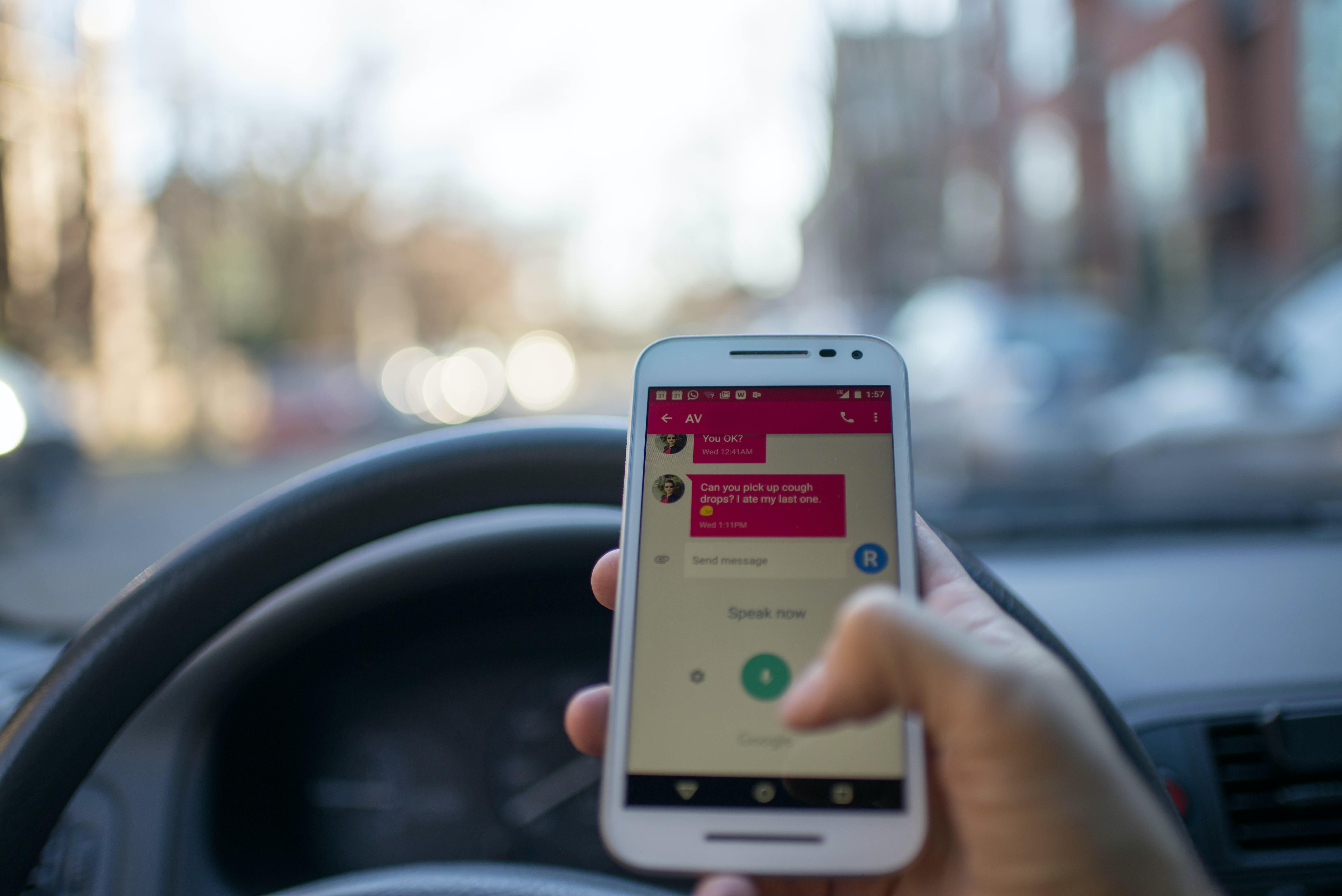You're driving to the grocery store when your phone buzzes in your pocket. You instinctively reach to check it, but it can wait until you park. These are eight statistics to read before you text and drive because they'll change how you view your time on the road.
Everyone's made the mistake of looking at their phone while in the driver's seat, but not everyone gets home safely afterward. Learn why it's better to avoid distracted driving so you don't become one of these statistics this year:
1. 88% of millennials engage in risky driving.
Young people grew up with new technology, so it feels natural to use it every day. Still, your phone should always stay out of sight when you're on the road. Habits involving texting and checking social media are just a few reasons why 88% of millennials engage in risky driving every year, like running stoplights or speeding.
2. 9% of people send emails and texts while driving.
No one wants to look like they don't care about their job. Impressing your boss or helping your team is why 9% of people check their phones for work-related texts while they drive. If your job demands such attention that you're risking your life, it's time to look elsewhere for employment.
3. There are three types of drivers.
You might check your phone because you believe you have a pressing reason, but distracted drivers are more similar than you'd think. Your reasoning could fall into one of these categories, so think about if you text and drive because you: experience visual distractions, have manual distractions, or think distracting thoughts.
Avoid these types of driving, and you'll become safer on the road.
4. Distraction-affected crashes killed 9.9% more people in 2019.
Drunk driving is frequently in the news, but distracted driving should be just as important to the public. In 2019, distracted drivers killed 9.9% more people than in 2018. This number continues rising each year and should become a widely addressed national issue.
5. Phones make crashing 12 times more likely.
If you look away from the road to text and drive or dial a phone number, crashing becomes 12 times more likely because you're distracted. Even if you're the only car on the road, you could drive onto the shoulder and overcorrect into an accident. Whoever you want to contact can wait in exchange for potentially saving your life.
6. Distracted driving comes with expensive fines.
Depending on where you live, texting and driving could cost a pretty penny. Drivers in Alaska risk a $500 fine, but people in Iowa could pay $10,000 and serve time depending on if your accident kills another driver. Save yourself money and pain by avoiding your phone while you drive.
7. 48 states have all-driver laws against texting and driving.
No matter your age, 48 states consider texting and driving illegal and punishable by fines or jail time. The remaining two states have similar laws applicable to novice drivers. Either way, it's still dangerous for anyone.
8. Distracted driving remains underreported.
While you review these statistics, remember most studies underreport distracted driving. Most police reports don't require reasons for a crash, so studies can only work with limited data.
The correct numbers might reflect even greater odds for crashes and deaths when you pick up your phone behind the wheel, but the public won't have that information unless reports better clarify future crash information.

























